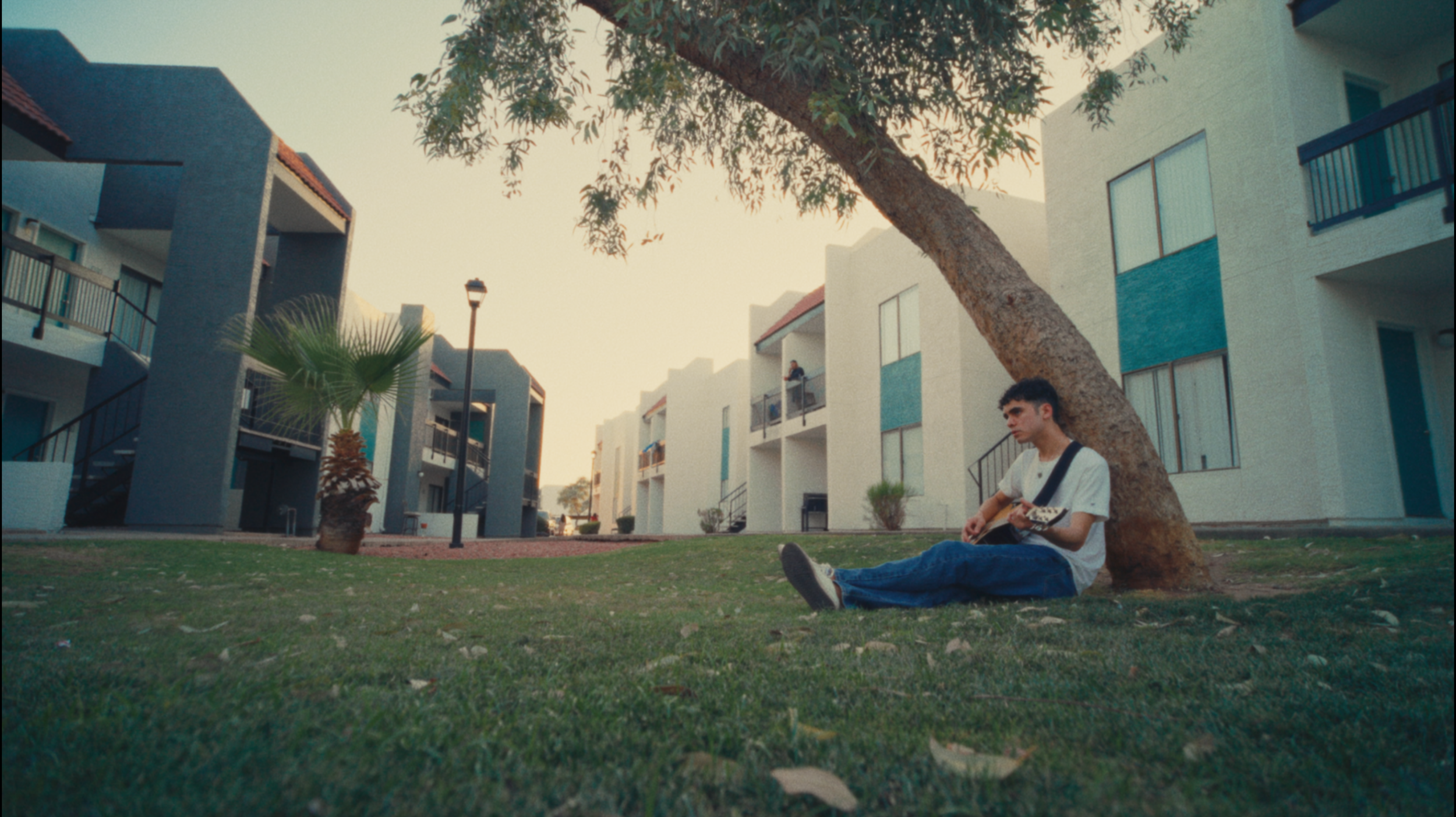Living One Court Ruling at a Time: Growing Up with DACA
Author: Saúl Rascón Salazar
Saúl Rascón Salazar, Aliento Alumn (2018-2019), Youth Leadership Council Member, and DACA recipient.
For many, teenagehood is a time of uncertainty, self-discovery, and restless dreams—but that instability is expected, even celebrated. For me, it mirrored a deeper, more unsettling reality.
I grew up in Maryvale, a working-class neighborhood in Phoenix, Arizona, shaped by immigrant families who fuel the city’s day-to-day functions. My family and I arrived in the United States in 2006, hungry to plant seeds into the rich soil of what we were told to be the American Dream. I was five years old—too young to understand the systemic obstacles ahead, but conscious enough to recognize the fierce, unconditional love that kept our family together. It was that same warm love that pushed us through the cold nights sleeping in a van at a local park. It was that love that pushed my brother and me into the academic rigor of Catholic schools, even when we had little else.
By eighth grade, I was inspired by my father’s entrepreneurial spirit and, somewhat naively, ran for student body president. I laugh now, wondering what I was thinking—but that moment, however small, was a glimpse of two things I still crave today: security and stability.
In January 2017, I became a beneficiary of the Deferred Action for Childhood Arrivals (DACA) program, originally enacted under President Obama in 2012. At 16, I received a Social Security Number and a driver's license. It was a turning point—I could now apply for a summer job, drive myself to school, and, for the first time, feel even a sliver of what it meant to be like my U.S. citizen classmates. This piece of plastic changed the game for high school me.
For context, I attended Brophy College Preparatory, an all-boys Jesuit high school. While a transformative experience in many ways, it also underscored the countless micro-moments where I simply could not relate to my peers. DACA was a fragile bridge—not enough to feel fully secure, but just enough to inch closer toward belonging. It was not long until I found out first hand just how limiting this so-called bridge was.
While it was initially a step in the right direction, this temporary protection still is just that…‘temporary’. Since 2012, DACA has faced over fifteen major legal and political challenges, with federal courts and local lawsuits questioning its validity. Each new ruling brings a fresh wave of anxiety to hundreds of thousands of Dreamers like me. We live in a legal limbo where our futures hinge on headlines—where one court decision could upend our entire lives overnight. It is a bipartisan sentiment that this is not a sustainable or humane way to live. No matter your politics, it's difficult to argue that young people who’ve built lives here—who’ve studied, worked, paid taxes, and contributed to their communities—deserve to live under such perpetual uncertainty.
We DACA recipients are Americans in every way but paperwork. And Americans deserve to dream boldly: to buy homes, securely pursue careers, and retire with dignity. When that future is constantly called into question, it doesn’t just hurt us—it harms our workplaces, our schools, and our collective social fabric.
This legal limbo has taught me, painfully but effectively, to make decisions based on the information available now—because the future is always uncertain. Like many other Dreamers, I’ve developed a habit of searching “DACA news” on Google, waiting to see whether my life will be forcibly rerouted to a country I have never called home.
What keeps me grounded is a commitment to the present. I pour myself into my education. I nurture the relationships that sustain me and give back as often and selflessly as I can. And as cliché as it may sound, music has become my therapy—because I know if everything else collapses, at least I’ll have some good tunes to carry me through.
In living one court ruling at a time, I’ve learned resilience. But resilience should not be a requirement for dignity. It’s time we find a way forward—one that honors the humanity of Dreamers and gives us more than a temporary bridge. It’s time we offer a permanent pathway to security, stability, and prosperity. That is the American way.



